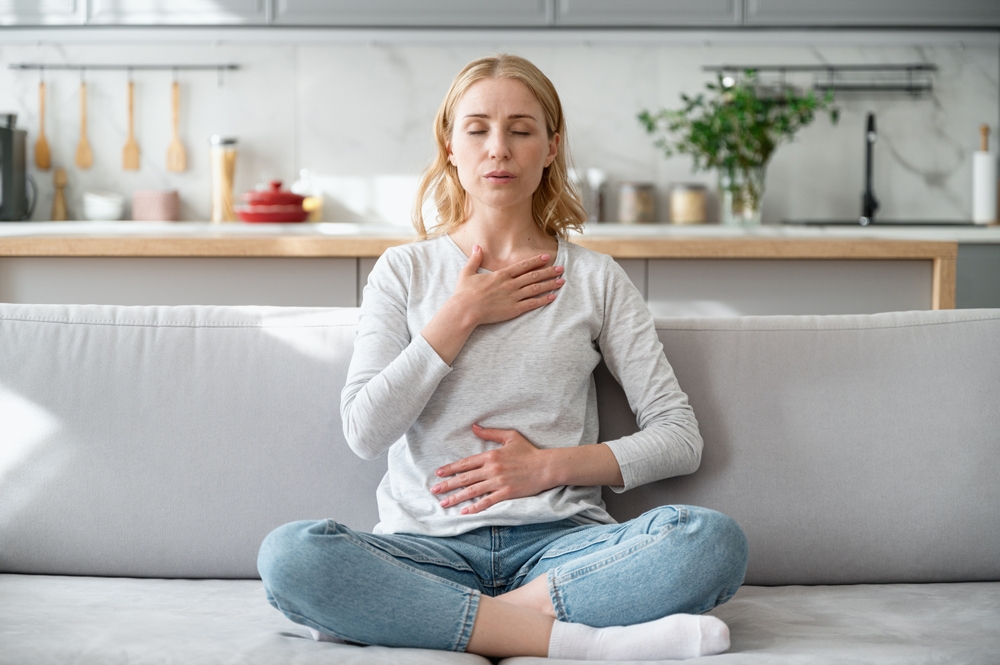Signs of Anxiety vs Depression: Our emotional health can be difficult to understand, especially when feelings become overwhelming. Anxiety and depression are two of the most common mental health conditions, and while they may share some symptoms, they are very different experiences. Many people struggle to tell them apart or may even experience both at the same time. At Curotiva, we’re here to help you navigate these emotions with Care, Awareness, and Trust (CAT)—because understanding yourself is the first step toward healing
Understanding Signs of Anxiety vs Depression
Anxiety is often centered on fear, worry, or a sense of something going wrong. It can make a person feel constantly tense, alert, or restless. Depression, on the other hand, is marked by sadness, emptiness, or lack of energy. While anxiety can make you feel too much, depression can make you feel too little. Both can deeply affect your daily life, relationships, and ability to function
Common Signs of Anxiety
Anxiety shows up in many physical and emotional ways. Here are signs to look out for:
Emotional Signs of Anxiety
- Constant worry or racing thoughts
- Feeling on edge or unable to relax
- Fear of the future or of losing control
- Irritability or nervousness
- Difficulty concentrating
Physical Signs of Anxiety
- Rapid heartbeat or chest tightness
- Sweating or trembling
- Stomach discomfort or nausea
- Restlessness or trouble sleeping
- Shortness of breath
These symptoms are the body’s way of reacting to a perceived threat—even when that threat is unclear or not present
Common Signs of Depression
Depression can affect the way someone feels, thinks, and acts. It’s more than feeling sad—it’s a persistent low that doesn’t easily lift. Common signs include:
Emotional Signs of Depression
- Ongoing sadness, emptiness, or hopelessness
- Loss of interest in things once enjoyed
- Feelings of guilt, worthlessness, or failure
- Difficulty making decisions or focusing
- Thoughts of self-harm or feeling like a burden
Physical Signs of Depression
- Changes in sleep (too much or too little)
- Fatigue or lack of energy
- Changes in appetite or weight
- Slowed movement or speech
- Frequent aches or unexplained pain


Key Differences to Notice
Anxiety is often future-focused, filled with thoughts of “what if.” Depression tends to focus on the past or present, often with a sense of “why bother.” Anxiety brings a sense of urgency and agitation. Depression, in contrast, feels like slowing down, withdrawing, or losing motivation. However, many people experience both anxiety and depression at once, which can make things more complex
When to Seek Support
If you recognize these signs in yourself or someone you care about, it may be time to speak with a mental health professional. You don’t have to wait until things feel unmanageable. Early support can make a real difference. At Curotiva, we offer a safe and understanding space to explore what you’re feeling. You can reach out to us here and take the first gentle step toward healing
Support Resources in India
In India, mental health support is growing stronger and more accessible. One example is iCall, a free and confidential service run by the Tata Institute of Social Sciences. Visit for compassionate and anonymous support
A Gentle Closing Thought
Whether you’re dealing with worry that doesn’t stop or a sadness that won’t lift, please know that your feelings are valid. There is no shame in needing support. At Curotiva, we’re here to offer calm, caring guidance that meets you exactly where you are. Healing doesn’t happen overnight—but you don’t have to face it alone
Learn more about mental health through our related content, designed to support your journey toward understanding and healing.
Understanding the Different Types of Mental Disorders
Recognizing the Symptoms of Mental Illness: A Guide to Early Awareness

